Death of a Salesman at the Young Vic
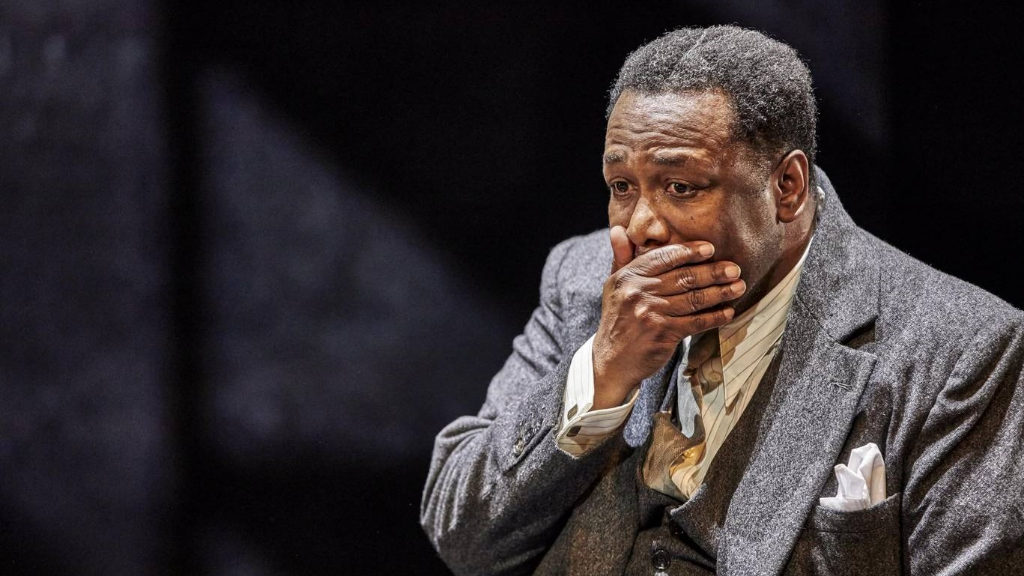
Personal mythmaking isn’t a uniquely American trait. Yet it is a preoccupation of the country’s writers, especially the ways it is both fueled by, and the basis of, the American Dream – a hoary classroom cliché, no doubt, but for good reason. Arthur Miller’s Death of a Salesman is more explicit in this regard than most, a blueprint for the foundational delusions the nation is built on. You’re nobody in America if you’re not one of its Great Men.
A strength of Marianne Elliott and Miranda Cromwell’s production is that it makes it clear this sickness doesn’t just afflict Wendall Pierce’s struggling Willy Loman. It’s the inheritance he leaves for his children. Happy (Martins Imhangbe) is the image of his father, unable to utter a sentence without blowing it out of proportion. And Biff (Arinze Kene), well, he is no freer for being aware of the Loman tendency towards fabrication. Even Sharon D Clarke’s pragmatic Linda isn’t immune; Willy is her blind spot, her faith in him helping widen the fissures driving the family apart.
It’s easy to forget how weird the play is. Willy almost always has one foot planted in the past and one in the present. It’s a man’s life slowly flashing before his eyes as he dies an existential death – like Scrooge’s ghostly visitations, but if Dickens’s miser never comes to understand the lesson being taught. As he wanders Anna Fleischle’s purposefully ugly concrete prison, Elliott and Cromwell too heavily underscore these overlaps, the lighting shifts and jazz-bursts creating a clear delineation when a bit more confusion might be useful.
Arguably, this version of Death of a Salesman could be staged as straight as All My Sons is at the Old Vic across the road, and it wouldn’t lose a step. It’s best when the performers are just left to do their thing. The extended arguments that end both the first and second halves are its most electrifying moments, stripped clean of the gimmicky elements that can clutter more minor scenes elsewhere (Miller is probably as much to blame here as Elliott and Cromwell).
Complimented by a superlative cast, Pierce is the play’s real draw. Willy isn’t just piteous, a figure cut from tragedy; he is a bully, to his sons and to his wife, prideful and arrogant, downright unpleasant, but with a glimmer of that salesman charisma. He is the image of a man burning up and burning out, and The Wire star absolutely nails it.
That this Loman family is African American never becomes the focus of the production. What it does do, however, is lend an undercurrent to certain conversations, a reminder that while America is tough for some, it is a lot tougher for others. There are silences and unfinished sentences where the implication of racism arises, making “well-liked” Willy’s desperate striving seem like an attempt at respectability politics in the face of white power structures.
Connor Campbell
Photo: Brinkhoff Mogenburg
Death of a Salesman is at the Young Vic from 1st May until 13th June 2019. For further information or to book visit the theatre’s website here.


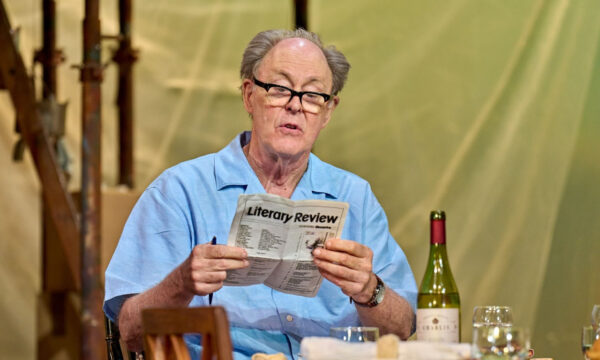

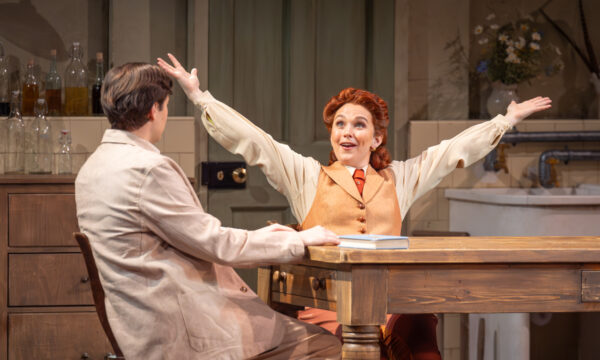
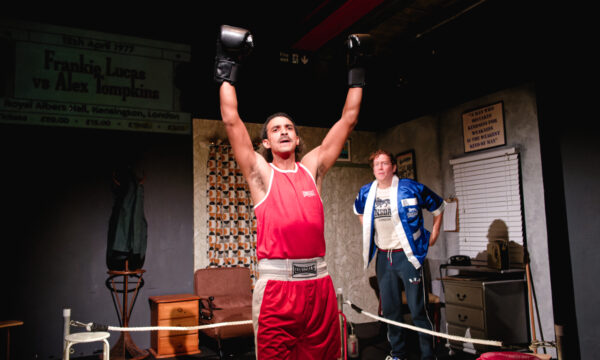
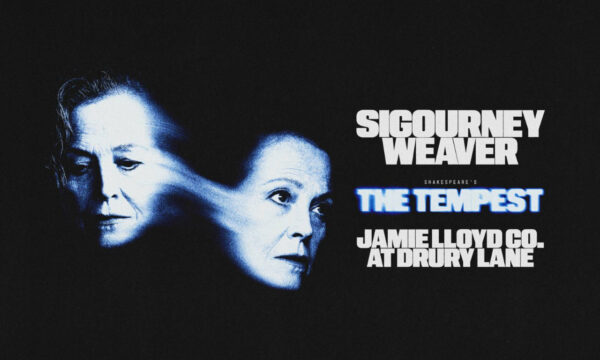

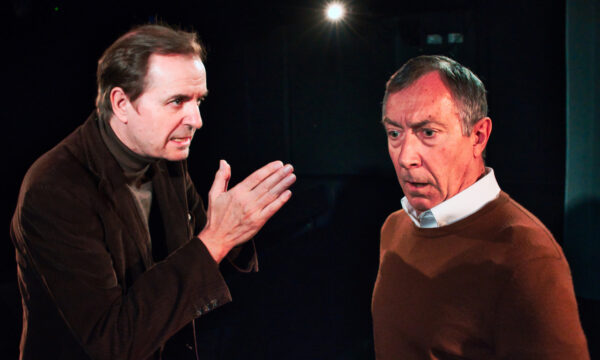











Facebook
Twitter
Instagram
YouTube
RSS